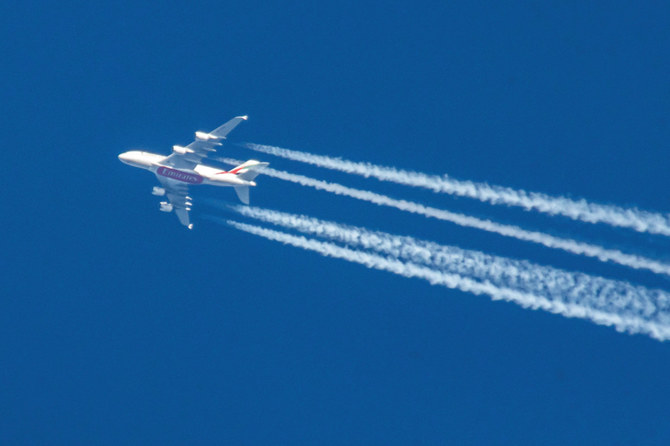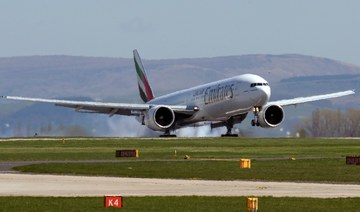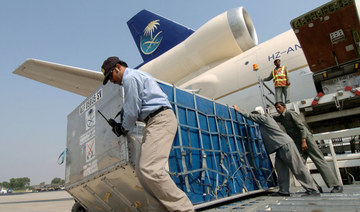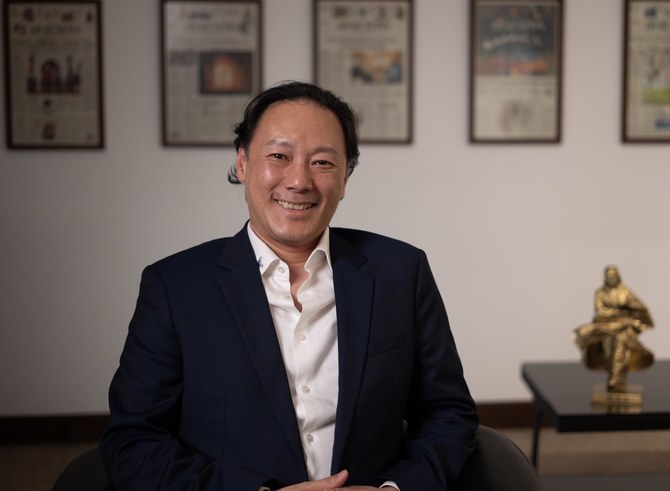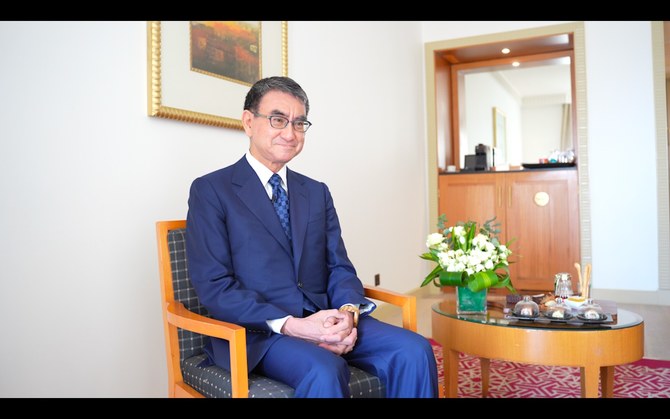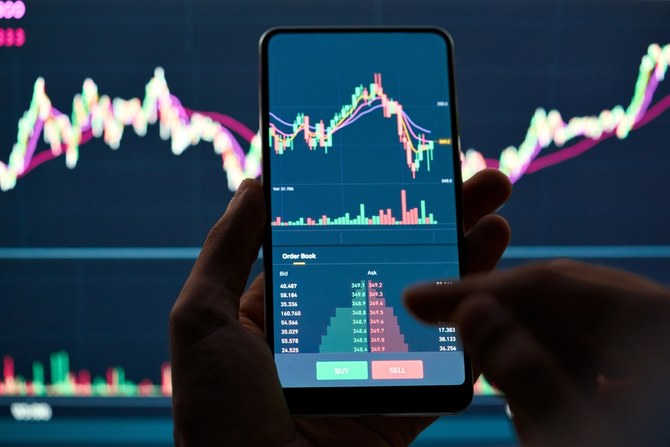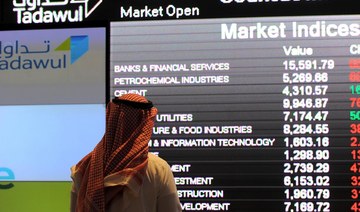DUBAI: The long-awaited global economic recovery is awaiting take-off — in a literal as well as a figurative sense. All the experts, from august institutions like the IMF down to the smallest of small and medium-sized enterprises, are agreed that 2021 will see a significant recovery from the lockdown recessions of last year. But one factor above all others is still casting a shadow over the pace and strength of that turnaround: the global aviation business.
Fewer passengers traveling for business or for leisure has a direct effect on the global economy. Less air cargo flying around the world directly impacts world trade and business activity. Some 90 million people were employed in aviation around the world in 2019, and the sector comprised nearly 5 percent of the global economic growth, according to figures from trade organizations.
If global aviation was a country, it would have a GDP of $3.5 trillion, and would be as big as the Netherlands.
But that was before the pandemic effectively stopped the world flying in the spring of 2020. Ranjith Raja, oil research manager for the Middle East at data provider Refinitiv, told Arab News: “COVID-19 has impacted almost all industries globally, but the airline industry has been one of the worst hit sectors. With rising skepticism surrounding traveling and global lockdowns, the passenger industry came close to a standstill at one point.”
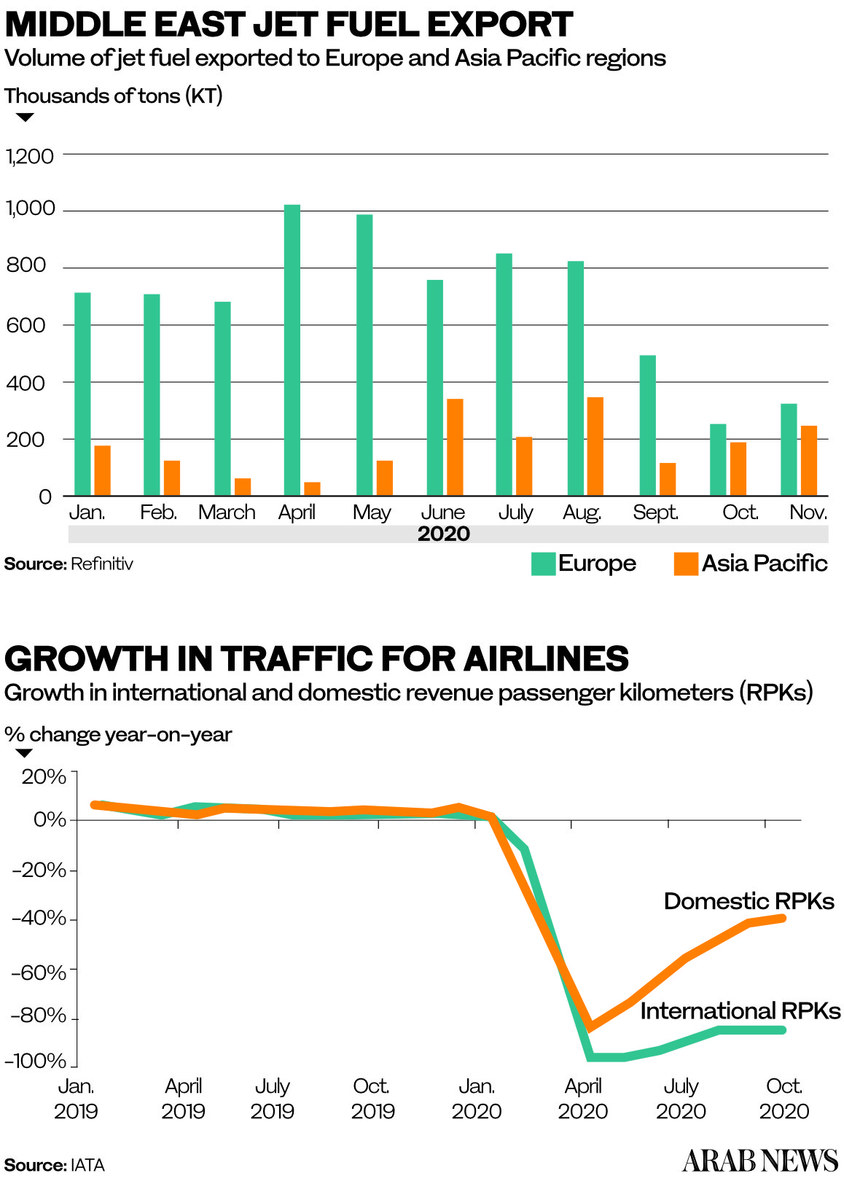
For the Middle East, the aviation-business collapse has been a double whammy. Airlines like Emirates and Qatar Airways are super-connectors in a global economy that has become increasingly disconnected during the pandemic.
But they and other global airlines are also big consumers of the region’s most valuable commodity — crude oil, in the form of highly refined jet fuel. In a normal year, aviation would account for nearly 10 per cent of global oil demand. That was reduced dramatically in 2020.
The statistics tell the depressing story. By the end of April, airlines across the world had virtually ceased passenger operations. The aviation industry’s key metric — revenue passenger kilometers (RPKs) or the amount of cash-generating flying going on in the world — crashed by more than 94 per cent — unprecedented since the numbers were first calculated in 1990.
Even a mild recovery over the summer months was deflated by the resurgent second wave of the disease toward the end of the year. By November, global passenger traffic was still nearly halved from the previous year. The result has spelt financial disaster for the aviation industry.
"Financially, 2020 will go down as the worst year in the history of aviation. On an average, every day of this year will add $230 million to industry losses. In total, that is a loss of $84.3 billion. It means that—based on an estimate of 2.2 billion passengers in 2020—airlines would lose $37.54 per passenger,” said Alexandre de Juniac, chief executive of the International Air Transport Association.
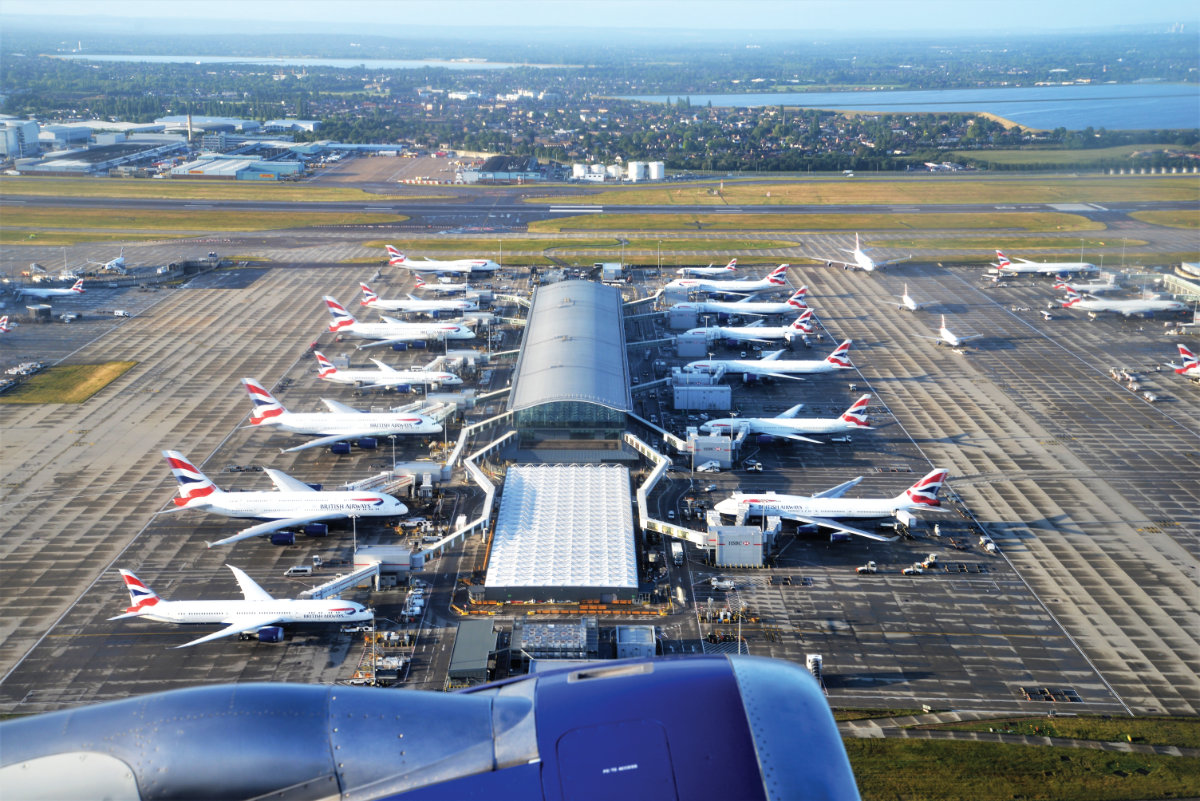
In a normal year, aviation would account for nearly 10 per cent of global oil demand. That was reduced dramatically in 2020. (Shutterstock)
To take the example of the Middle East’s biggest airline, Emirates, this has had a dramatic effect. With passenger numbers down by three quarters in the autumn, revenues fell 75 percent in the first half of 2020-21 year, leading to a loss of $3.8 billion for the first time in three decades. The airline had cut at least a quarter of its staff by the midway point of the financial year.
It was able to fall back on its big cash reserves, built up during the good years, as well as the sound financial reputation it has in the international banking community and — not least — the support of the Dubai government, which recognized Emirates’ vital contribution to the economy with a $2 billion injection.
Sheikh Ahmed bin Saeed Al-Maktoum, the chief executive, called the downturn “unprecedented”, but added: “We expect a steep recovery in travel demand once a COVID-19 vaccine is available, and we are readying ourselves to serve that rebound.”
Other airlines are not in Emirates’ favorable cash position. Globally, dozens have gone bankrupt during the pandemic, while all have had to reassess their long-term strategies. A top priority here is to ensure greater fuel efficiency, which in turn means smaller, more economical aircraft using less jet fuel.
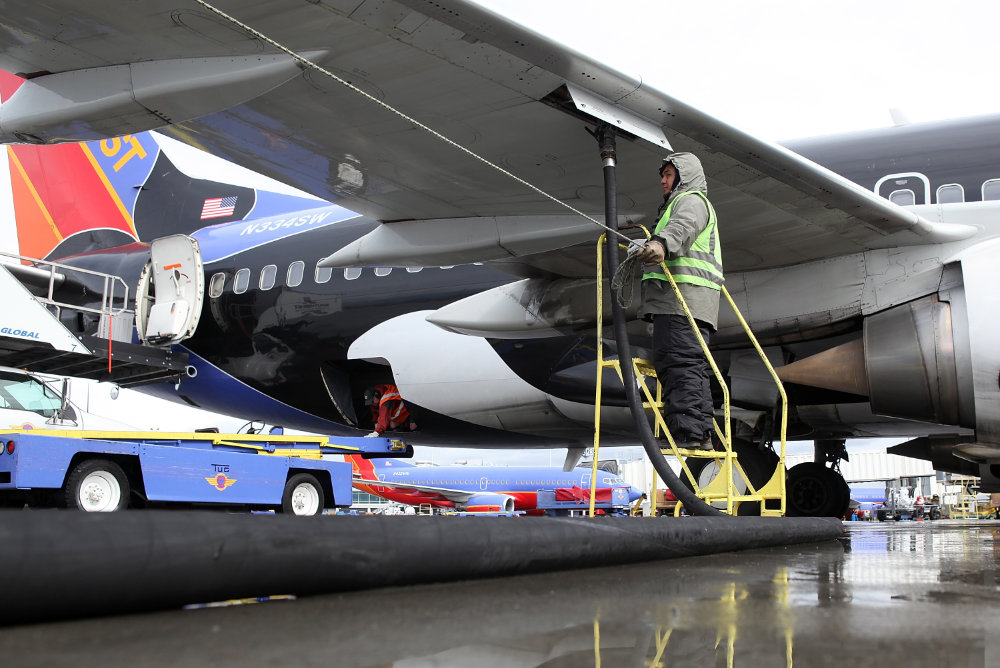
A top priority of airlines now is to ensure greater fuel efficiency to cut down cost. (Getty images/AFP photo)
The long-term trend in aviation fuel consumption will inevitably be downwards, not just as jet engines become more efficient, but also as new forms of propulsion are developed. The European aerospace giant Airbus announced at the height of the aviation collapse that it was working on a hydrogen-fueled engine, and others are following suit with similarly innovative technologies.
But those developments are some way in the future. For now, the oil and aviation industries will have to just get along together in a vastly different market, prone to greater volatility.
This was demonstrated to acute effect at the height of the pandemic crisis as the air fleets were grounded. Asia gets most of the crude for their jet fuel from the Middle East, mainly from Saudi Arabia and the UAE, but because the early lockdowns were most intense in Asia, prices of these products crashed as demand dried up.
Europe — which also sources its aviation fuels from the Middle East and which at that stage was confident it would ride out the COVID tide — took advantage of the cheap prices to fill up on jet, according to data from Refinitiv.
As European airlines were grounded in their turn as the pandemic hit hard, this exacerbated the global oil glut, the effects of which are still being felt. “In the absence of real demand for the fuel, the imported volumes into Europe ended up in storage, which in turn swelled the inland and floating storage,” said Raja.
That trend has rebalanced towards Asia as economic recovery accelerates there, especially in China, and as Europe’s pandemic problem surges and lockdowns are reimposed. But it shows the importance of jet fuel as a key component for overall oil demand, still the most important economic indicator for Gulf economies.
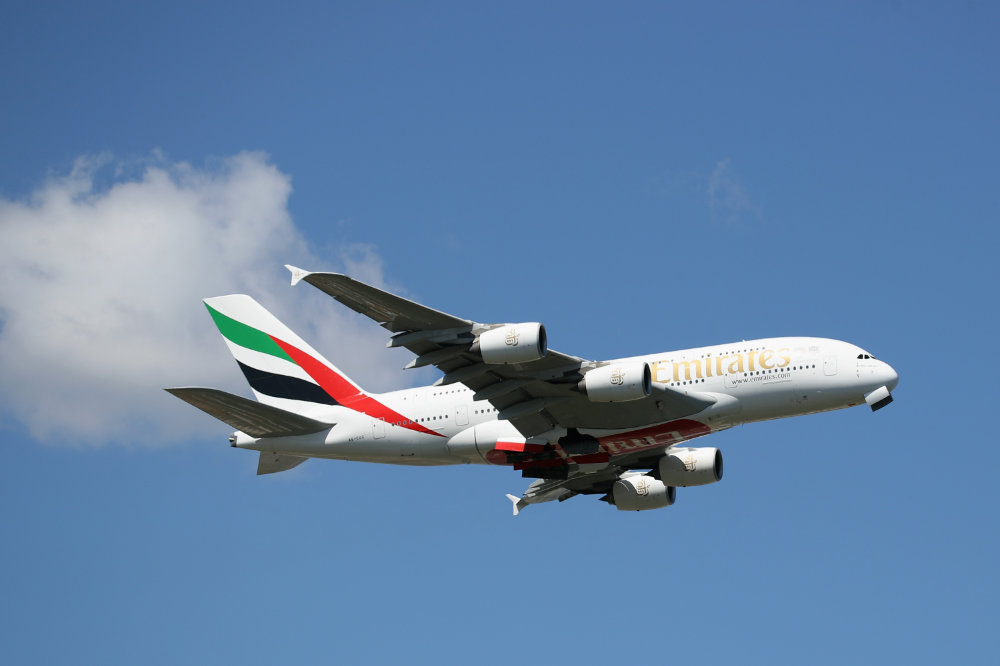
Other airlines are not in Emirates’ favorable cash position. Dozens have gone bankrupt during the pandemic. (Getty Images/AFP )
The analysts are continuing to assess the full damage for 2020 to the fuel market, and calculating when it might begin to recover. The International Energy Agency said recently that low demand for jet fuel will make up the lion’s share of the shortfall in demand for oil this year.
Oil traders are taking a hard-nosed view on when demand for jet fuel will return to pre-endemic levels. Mike Muller, head of Asian operations for the world’s largest independent oil trading firm Vitol, recently told a forum, organized by the information consultancy Gulf Intelligence, that much depended on the speed of the roll out of vaccines.
He said that a recovery in Asian demand for jet fuel would only begin in the third quarter of this year, when immunization had reached a significant number of people. “"By then it is likely that we'll have sufficient immunization or herd immunity, or a combination of people who have suffered and already had the virus and who have been immunized,” Muller said.
“That is my hope, but I do think it will take until late in the third he quarter. Looking at bookings for holidays in Europe, the Americas and Asia, it’s all flat on its back still.”
Recovery cannot happen fast enough, for the airlines and for the regional economies that depend on demand for jet fuel, among other oil products, as their main revenue streams. The global economy will only fly again when the world’s airlines are also back in the air.
______________
• Twitter: @frankkanedubai





